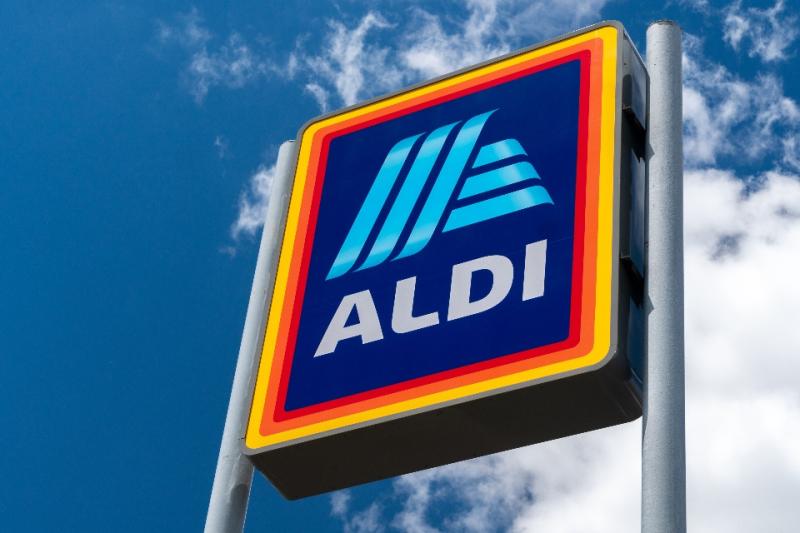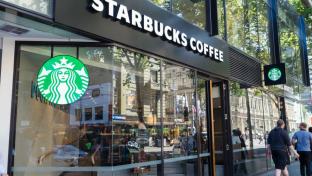ALDI to Acquire Winn-Dixie and Harveys Supermarkets
The discount grocery store has agreed to acquire Winn-Dixie and Harveys Supermarket as part of a larger divestiture of Southeastern Grocers to various entities. The deal is set to include approximately 400 stores spread across the southeast in Alabama, Florida, Georgia, Louisiana, and Mississippi.
The financial terms of the deal were not disclosed, but the transaction is expected to close in the first half of 2024.
Aldi has made significant financial investments in the region recently, having initially entered the Southeastern market during the mid-1990s. Since then, the grocer has committed around $2.5 billion to bolster its regional presence – most recently establishing its headquarters and a distribution center in Loxley, Alabama.
This strategic move is likely geared towards facilitating the growth of new stores, with a targeted rollout of 20 additional ALDI locations in the vicinity by year's end.
“Like ALDI, Winn-Dixie and Harveys Supermarket have long histories and many loyal customers in the Southeast and we look forward to serving them in the years to come,” said Jason Hart, CEO, ALDI. “The time was right to build on our growth momentum and help residents in the Southeast save on their grocery bills. The transaction supports our long-term growth strategy across the United States, including plans to add 120 new stores nationwide this year to reach a total of more than 2,400 stores by year-end.”
Trends Driving Mega-Mergers
A couple of big-name grocery mergers have hit the news recently. Last year, Kroger and Albertsons revealed plans to partner up, with Kroger set to acquire outstanding Albertsons shares for $34.10 per share in a $24.6 billion deal.
Experts point to shrinking margins and inflationary pressures as key drivers of the powerhouse merger. Commenting on the Kroger-Albertsons deal Neil Saunders, managing director of GlobalData, said it would position Kroger as the largest food retailer in the U.S. behind Walmart, controlling an estimated 11.8% of the food and grocery market.
“In a market where margins are under pressure, the additional scale is useful for Kroger as it improves economics through better buying power,” Saunders said. “This is critical at a time when inflation is acting as a drag on both the top and bottom lines.”






